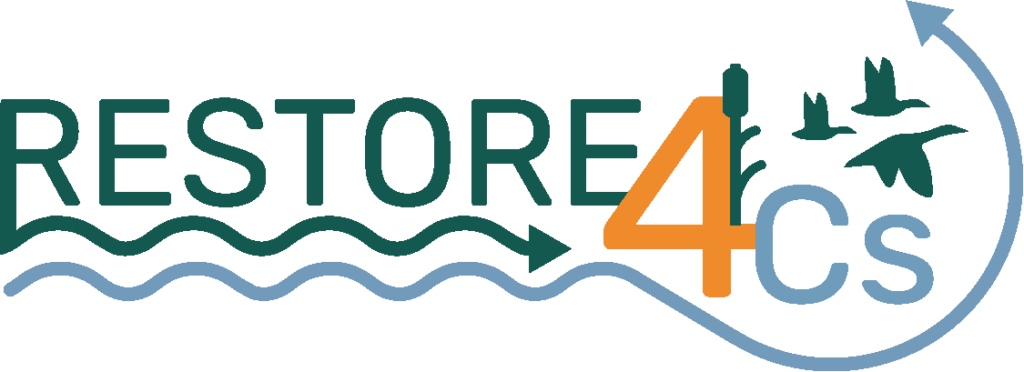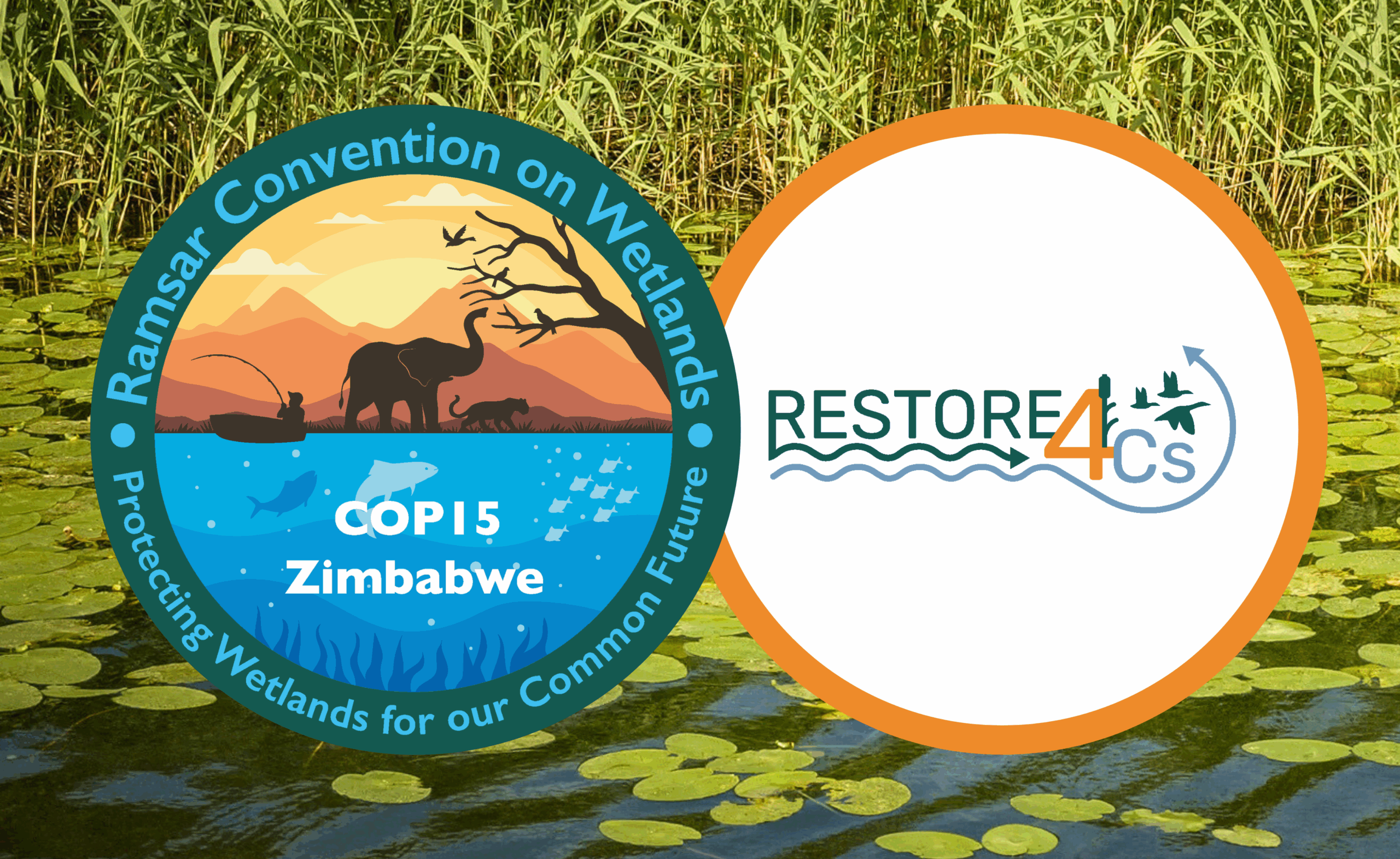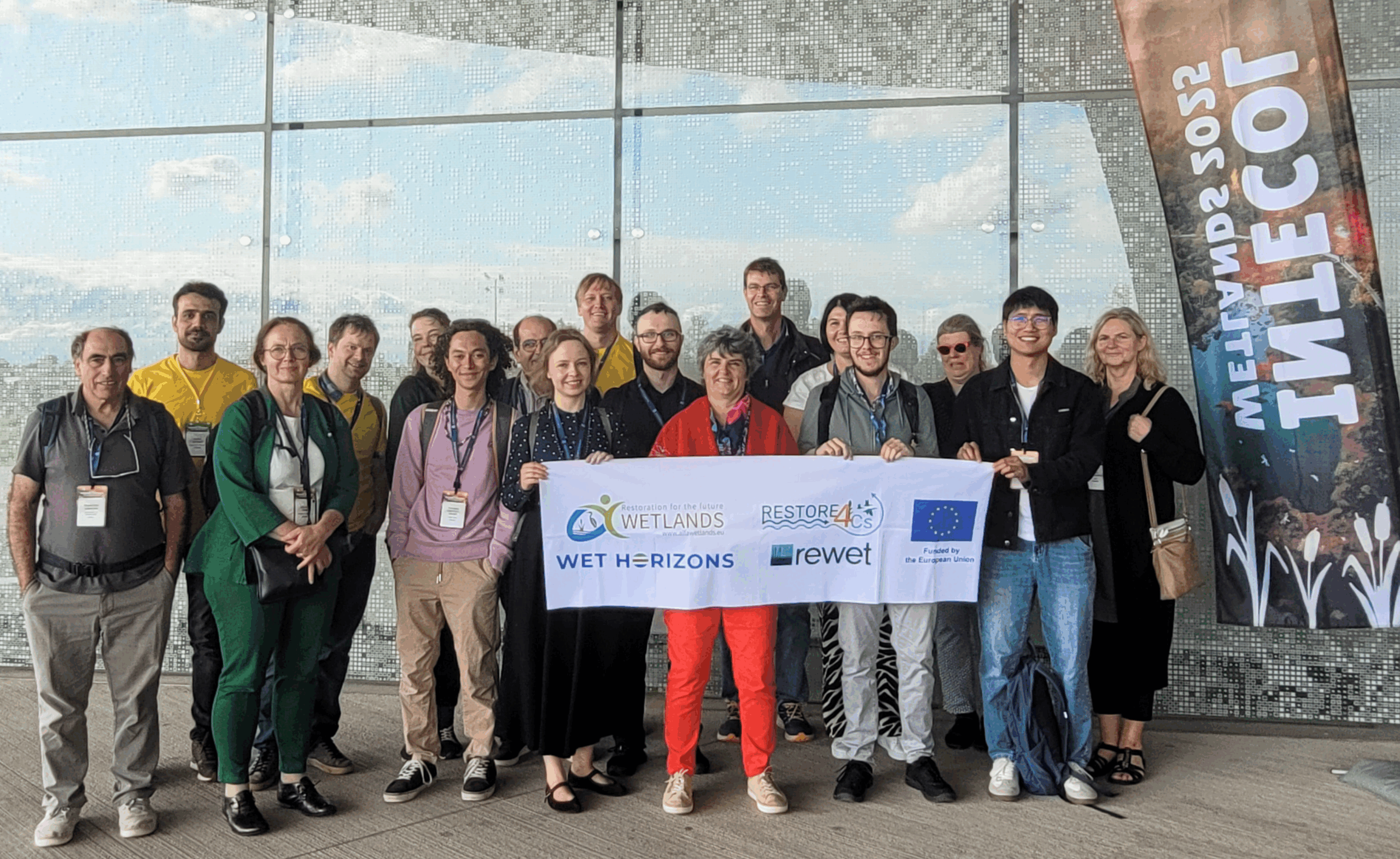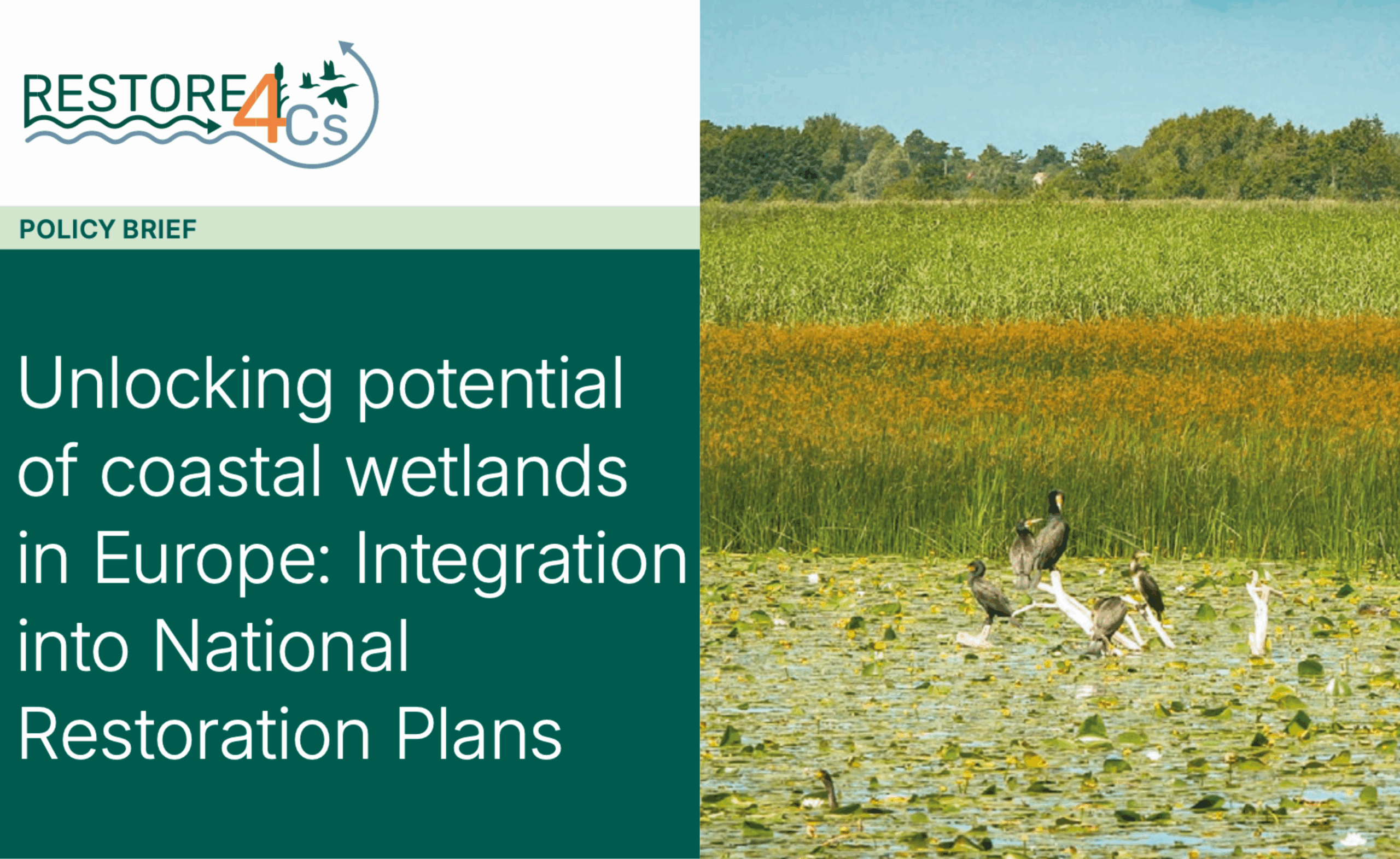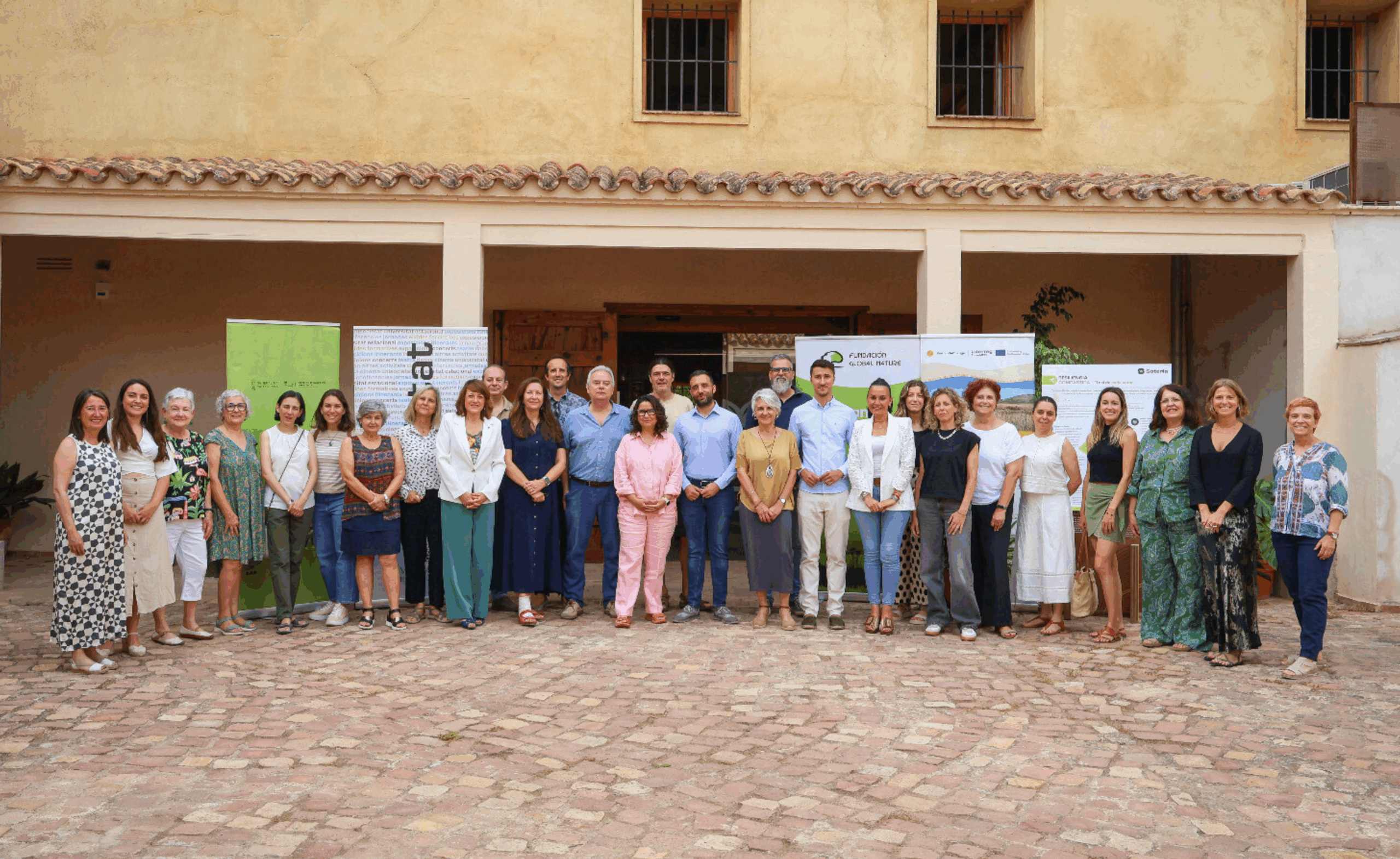After nine months of planning and preparation, the first RESTORE4Cs fieldwork campaign started in the Baltic region on 2 October 2023 in the Curonian Lagoon, Lithuania. The sampling campaign has been continuing since then at the remaining Case Pilots identified by RESTORE4Cs for its activities – Mediterranean (Valencian Wetlands and Camargue), Atlantic (Ria de Aveiro and Oosterschelde/Grevelingen Delta), and the Black Sea (Danube Delta) – which comprise coastal wetlands in different ecological status, encompassing well-preserved, altered and restored ecosystems.
A core RESTORE4Cs field team, composed of members from different partners (University of Barcelona, University of Valencia, Wasser Cluster Lunz and CNR) is traveling to each Case Pilot, and is being supported by the local partners responsible for the Case Pilots (University of Aveiro, Tour du Valat, University of Valencia, University of Bucharest, University of Klaipeda and Wageningen University and Research). For one full year, this sampling effort will be reproduced every three months, enabling to cover the seasonal variability. So far 14 different people from the core team participated in the campaigns. The team of experts that will be taking care of analysing RESTORE4Cs‘ 6 Case Pilots throughout the duration of the project is, in fact, following a selected procedure that will be implemented at each pilot site, to determine the impact of restoration actions on a wide range of ecosystem services, focusing on the capacity of wetlands for climate change mitigation. Furthermore, to ensure the highest quality of the data, all samples collected at each Case Pilot are shipped to and analysed by one of the project partners, according to their core expertise and available infrastructure. As the field work to be carried out requires the collection of samples in classified areas under Natura 2000 and Ramsar convention, the RESTORE4Cs‘ team, well experienced in fieldwork, ensures that in situ measurements and samples taken allow to collect robust and representative data, while keeping any possible impacts in the wetlands as low as possible.
After visiting 4 Case Pilots out of 6, the team conducting the fieldwork campaign has already carried out:
- 453 chamber measurements and 830 gas samples for in situ GHG fluxes measurements;
- 144 sediment cores with corresponding incubations to quantify potential GHG fluxes;
- 345 L of sampled water, and 72 sediment samples for biological and biogeochemical characterization of the different sites.
The end of the first sampling campaign is scheduled for the second half of November 2023, just before RESTORE4Cs‘ 3rd General Assembly, which will certainly be a fertile opportunity to discuss the first results obtained with the rest of the partners.
